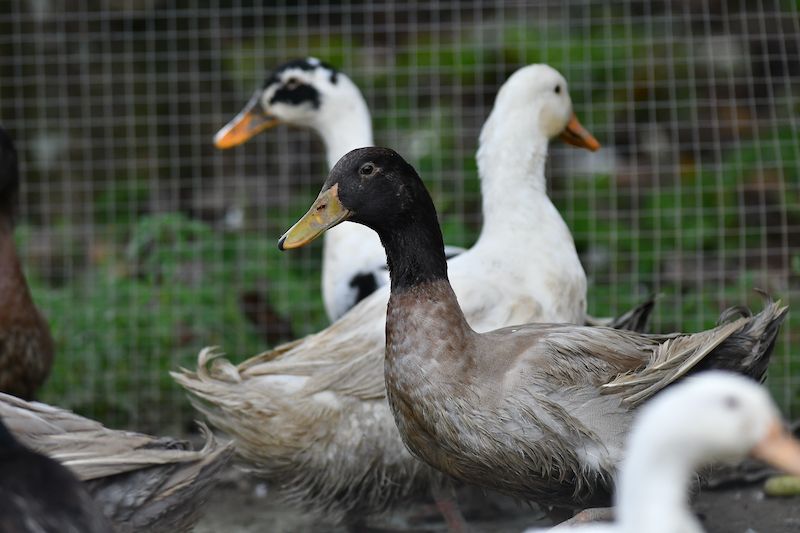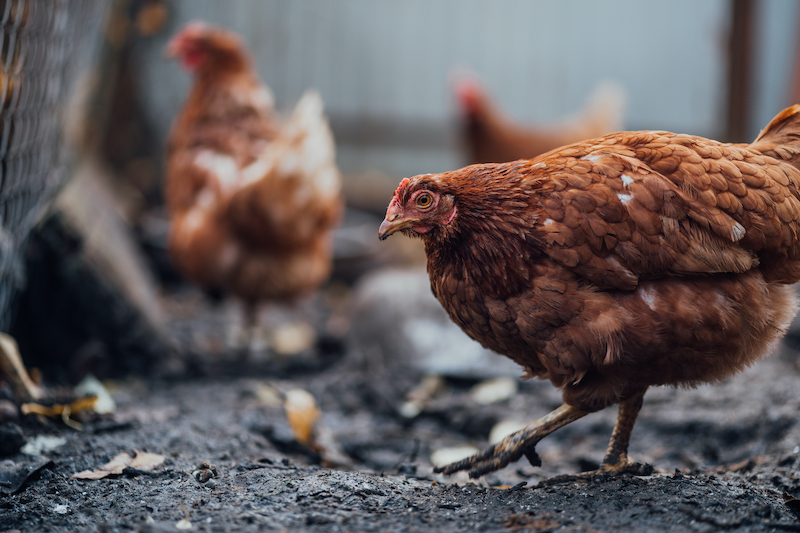

Bird keepers are being asked to take precautions following outbreaks of bird flu across the UK.
The whole of England was declared as an Avian Influenza Prevention Zone earlier this month following a number of confirmed cases of H5N8 avian flu.
The States Vet David Chamberlain said that extra measures should be taken locally to safeguard against the virus.
"The UK have reported outbreaks of Avian Influenza and therefore the whole of England has been declared as an Avian Influenza Prevention Zone," he said. "Upcoming poultry shows have been cancelled locally as a result of this and we echo the advice from the UK’s Chief Veterinary Officer that bird keepers must:
ensure the areas where birds are kept are unattractive to wild birds, for example by netting ponds, and by removing wild bird food sources;
feed and water your birds in enclosed areas to discourage wild birds;
minimise movement in and out of bird enclosures;
clean and disinfect footwear and keep areas where birds live clean and tidy;
reduce any existing contamination by cleansing and disinfecting concrete areas, and fencing off wet or boggy areas.

Pictured: Bird keepers have been told to feed and water their pets in enclosed areas to discourage wild birds.
GSPCA Manager Steve Byrne said the growing number of cases in the UK is of concern. The Animal & Plant Department Agency have been sending out weekly notifications of new cases in both wild and domestic birds with the most recent case yesterday in Stroud, Gloucestershire.
“Sadly it seems each year at this time outbreaks of avian flu are detected and at the GSPCA we are ensuring we continue with heightened bio-security due to the large numbers of birds we help and care for," he said.
“It is important that we all take extra precautions in the Channel Islands to ensure our pet and farm birds are as safe as possible from bird flu.”
"We all are fully aware of the importance of bio-security due to the challenges we all face with Covid-19 and especially here at the GSPCA where we have to care for animals that can arrive with zoonotic diseases."
Further information from the States Vet can be found HERE and updates from the GSPCA can be found HERE.
Comments
Comments on this story express the views of the commentator only, not Bailiwick Publishing. We are unable to guarantee the accuracy of any of those comments.